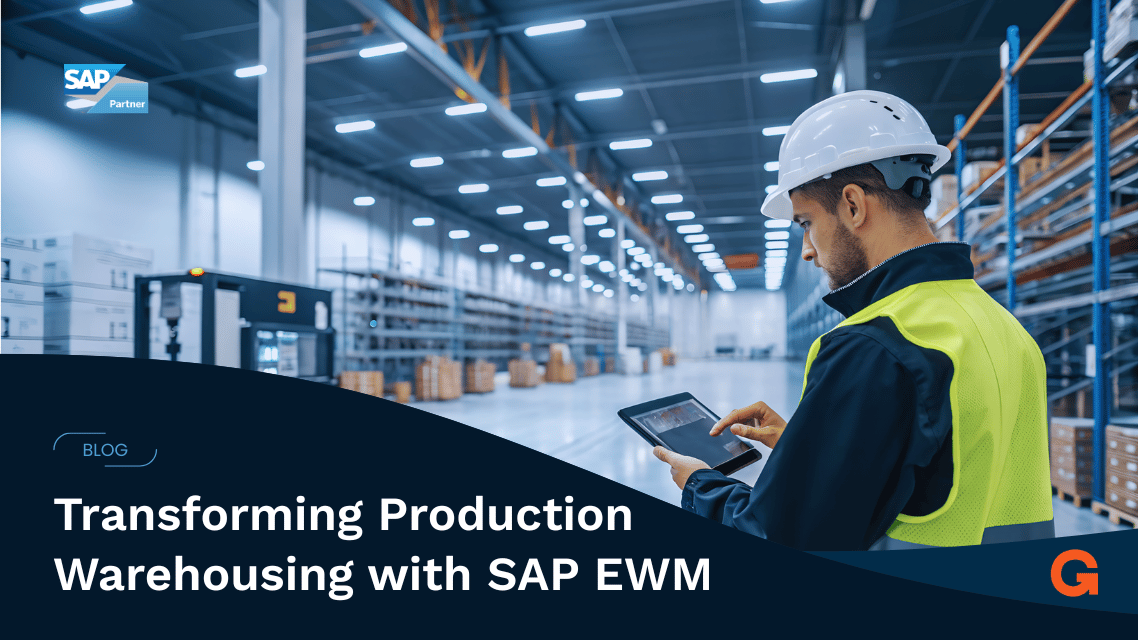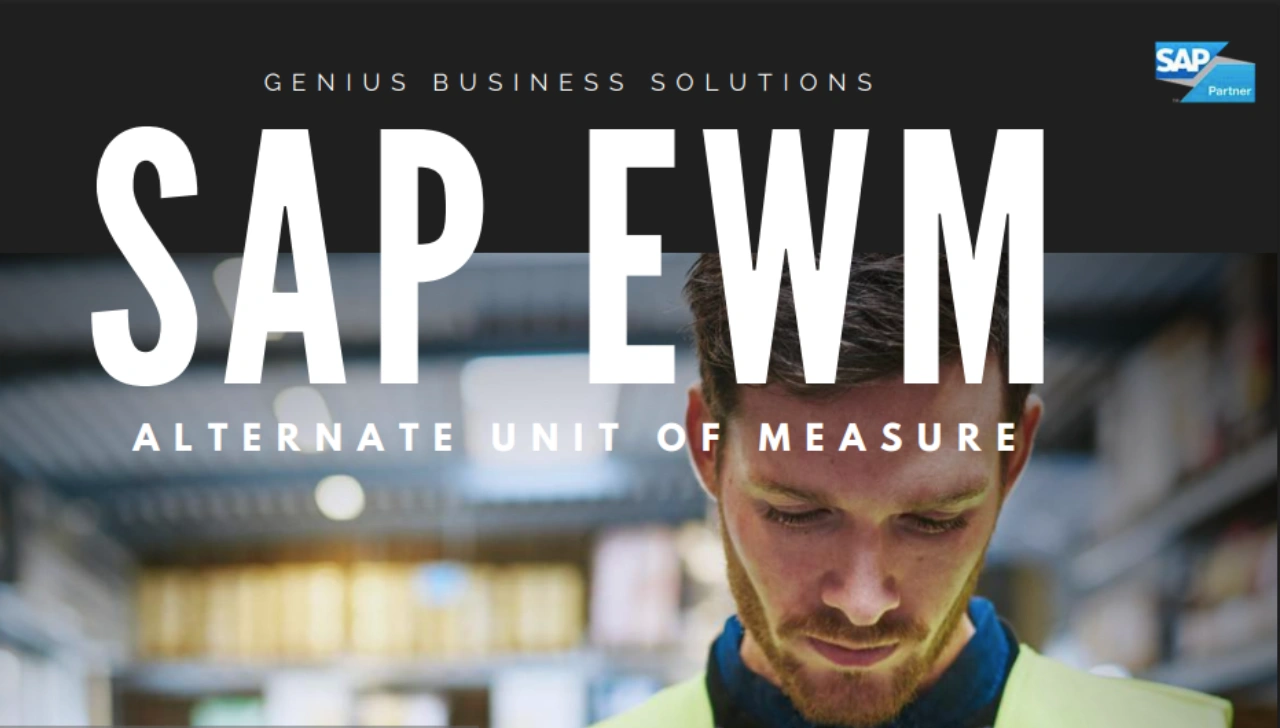In an increasingly digital world, ERP solutions are no longer just back-office systems — they are mission-critical platforms enabling real-time decision-making, operational excellence, and business agility. Forecasts suggest that global investments in ERP solutions will surpass $183 billion, driven by organizations’ need to modernize legacy systems and improve enterprise-wide collaboration.
Enterprise Resource Planning (ERP) systems today are designed to unify data, automate business functions, reduce redundancies, and deliver actionable insights. However, the path to successful ERP transformation demands strategic planning, technical agility, and a robust implementation approach. In this blog, we explore core strategies ERP leaders should adopt to successfully drive digital transformation, address key implementation challenges, and realize long-term value.
What’s Driving ERP Transformation?
Digital transformation through ERP modernization is typically fueled by operational inefficiencies, disconnected systems, and a growing demand for data-driven decision-making. Here are the primary triggers for ERP transformation:
1. Legacy Systems & Technological Obsolescence
Outdated ERP platforms often lack scalability and flexibility. They become bottlenecks that limit innovation, resulting in increased manual processes, reporting lags, and system fragmentation.
2. Standardization & Regulatory Compliance
Centralized control over data, workflows, and financial processes supports industry-specific compliance mandates and simplifies regulatory audits, thereby reducing risk.
3. Data Intelligence and Real-Time Insights
Modern ERP platforms improve data integrity and provide integrated dashboards and analytics for predictive modeling, operational efficiency, and strategic forecasting.
4. Cross-Functional Integration
By connecting siloed departments, ERP solutions facilitate synchronized business operations — from procurement and finance to sales and inventory management.
5. Advanced Business Intelligence Capabilities
Embedded analytics and intuitive reporting tools give business leaders access to critical KPIs, enabling swift, informed decisions that align with business goals.
Common Roadblocks in ERP Implementation
Despite its potential, ERP transformation poses multiple challenges that can delay timelines or increase implementation costs if not addressed proactively:
Data Migration Complexity
Migrating data from disparate sources while ensuring consistency, accuracy, and integrity is one of the most intricate aspects of ERP deployment.
Customization vs. Standardization Dilemma
Over-customization can lead to long-term maintenance issues and upgrade complications. Striking a balance between industry best practices and organizational needs is crucial.
Selecting the Right ERP Partner
A knowledgeable ERP implementation partner brings domain expertise, proven frameworks, and agile methodologies — all of which are essential for risk mitigation and seamless deployment.
User Training & Change Management
Ensuring user adoption through targeted training programs and active engagement is key. ERP success depends as much on people as it does on technology.
Key Strategies to Accelerate ERP-Led Digital Transformation
To fully leverage ERP as a digital transformation enabler, leaders must combine business vision with technological foresight. Here’s how to set the right course:
1. Define Clear Business Objectives and KPIs
Begin with goal alignment — whether it’s operational efficiency, faster reporting, or cost optimization. Set measurable KPIs to benchmark success throughout the ERP lifecycle.
2. Design for Scalability, Not Just Functionality
Future-proof your ERP environment by ensuring it can scale with growth. Avoid excessive customizations that limit agility and introduce technical debt.
3. Emphasize System Integration and Interoperability
Ensure seamless interoperability with CRM, HRMS, and supply chain systems. APIs, connectors, and middleware must be evaluated to create a unified enterprise architecture.
4. Conduct Rigorous Testing Across Phases
Thorough system validation — including integration testing, UAT (User Acceptance Testing), and performance monitoring — is critical to reducing post-go-live issues.
5. Drive a Culture of Continuous Improvement
Post-implementation, use data-driven feedback loops to enhance performance. Regular audits and system tuning will ensure the ERP platform evolves with your business.
Why Choose GBSI as Your ERP Implementation Partner?
At GBSI, we specialize in delivering end-to-end ERP transformation services tailored to your unique business model. Our deep expertise in ERP implementation, process reengineering, and SAP solutions empowers us to align technology with your strategic goals.
Whether you are replacing a legacy platform, scaling operations, or enhancing business intelligence — we help you:
- Streamline business processes
- Enhance real-time visibility
- Improve compliance & governance
- Accelerate time-to-value
Migrating to a modern ERP platform is a critical step toward achieving business agility, operational excellence, and data-driven decision-making. By aligning strategy with execution, and choosing the right technology and implementation partner, businesses can position themselves for scalable and sustainable growth.























